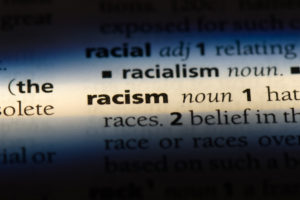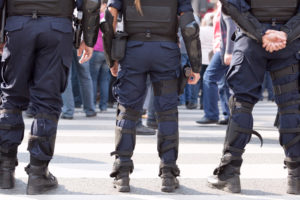While scuba diving is considered a relatively safe sport, it is not without inherent risk. Remembering to follow some basic diving safety rules, you will be able to make sure all your dives are safe ones.
Scuba Diving Safety Rules
The key to safe diving is proper training and certification. Scuba-certifying agencies offer diving training for beginners and experts. Courses typically involve classroom instruction, training pools and open-water settings. Certification will allow you to rent dive equipment, and dive without supervision. Certification can be attained in as little as five open-water dives.
Don’t dive alone. Diving in a “buddy system” of 2 or 3 divers is highly recommended by most scuba-certifying agencies. Should an emergency situation arise, that buddy getting help can be the difference between life and death.
Be in good physical health. While you don’t have to be a triathlete, you should be able to swim and take the stress of diving. It is also a good idea to undergo a physical exam prior to diving. Studies have shown that nearly a third of all scuba diving deaths are from heart and/or circulatory problems.
Check your equipment before each and every dive. Finding out your scuba regulator doesn’t work, once your underwater is a problem. Checking the equipment is especially important if it is rented.
Plan your dive. Planning consists of several things such as agreeing on which underwater signals to use to communicate, how far you intend to dive, enter and exit locations and more.
Ascend slowly. If you ascend too quickly you risk “the bends” or decompression sickness. You should not ascend more than 30 feet per minute.
Breathe – don’t hold your breath. Doing so can lead to lung injuries and in some cases, a more serious injury.
This is by no means meant to be an exhaustive list, but rather some of the most important scuba diving safety rules you should try to adhere too.
Common Scuba Diving Problems
Most common are simple middle ear “squeezes.” The pain is caused by the difference in pressure between the air spaces of your ears and mask and higher pressure as you ascend deeper into the water.
Scrapes and cuts, as well as other injuries to the arms and legs are common and can be caused by contact with fish and marine animals and also certain species of coral.
Medical Conditions Related to Diving
Serious medical conditions are rare in recreational scuba diving. While there are millions of dives each year, only about 90 deaths are reported worldwide each year. Most of these resulted from medical problems, panic and exhaustion, environmental accidents and equipment failure.
Arterial gas embolism (AGE) is a serious type of dive injury. It occurs when bubbles enter the blood stream and travel to the brain. Symptoms include numbness or tingling of the skin, weakness, paralysis or loss of consciousness.
Barotrauma refers to medical problems that arise from the pressure differences between areas of the body and the environment and is a particular concern for scuba divers.
Decompression sickness or “the bends” is related to Henry’s Law, which states, more gas will be dissolved in a liquid when the gas is pressurized. Because of the water pressure, body tissue absorbs nitrogen faster as a diver descends then when ascending to the surface.
External ear squeeze occurs when the ear canal is blocked by something such as earwax or earplugs. As the water pressure increases while you descend, the air pocket between the obstruction and eardrum shrinks which can damage the tissue in the ear canal, usually the eardrum.
This is by no means intended to be an exhaustive list of health conditions associated with scuba diving. For more information, visit the Professional Association of Diving Instructors (PADI) or the National Association of Underwater Instructors (NAUI). There are several other diver accreditation organizations that are involved in improving safety such as SSI, SDI, CMAS, BSAC and ACUC, so PADI and NAUI are not the only cerifications that a competent dive instructor may have. the bottom line is to do your own research and ask questions.
You also may want to read Michael Monheit’s article on scuba diving to understand the "waiver of rights" documents that scuba tours ask customers to sign. See "Scuba Diving on Vacation – Did you waive your rights?"

A resident of Honolulu, Hawaii, Wayne Parsons is an Injury Attorney that has dedicate his life to improving the delivery of justice to the people of his community and throughout the United States. He is driven to make sure that the wrongful, careless or negligent behavior that caused his clients' injury or loss does not happen to others.










Comments for this article are closed.